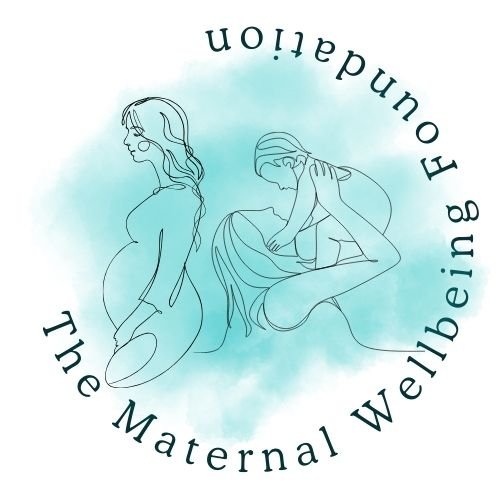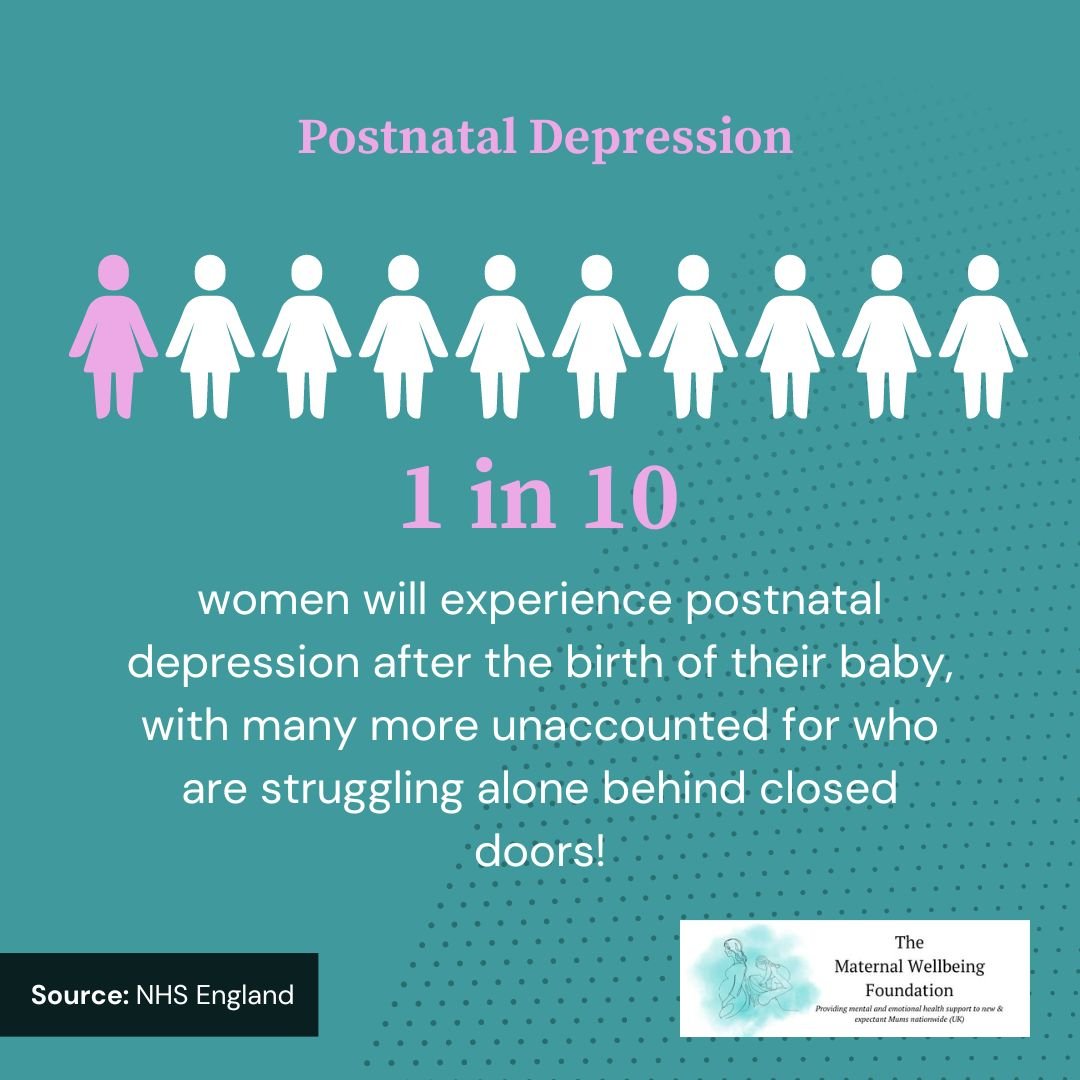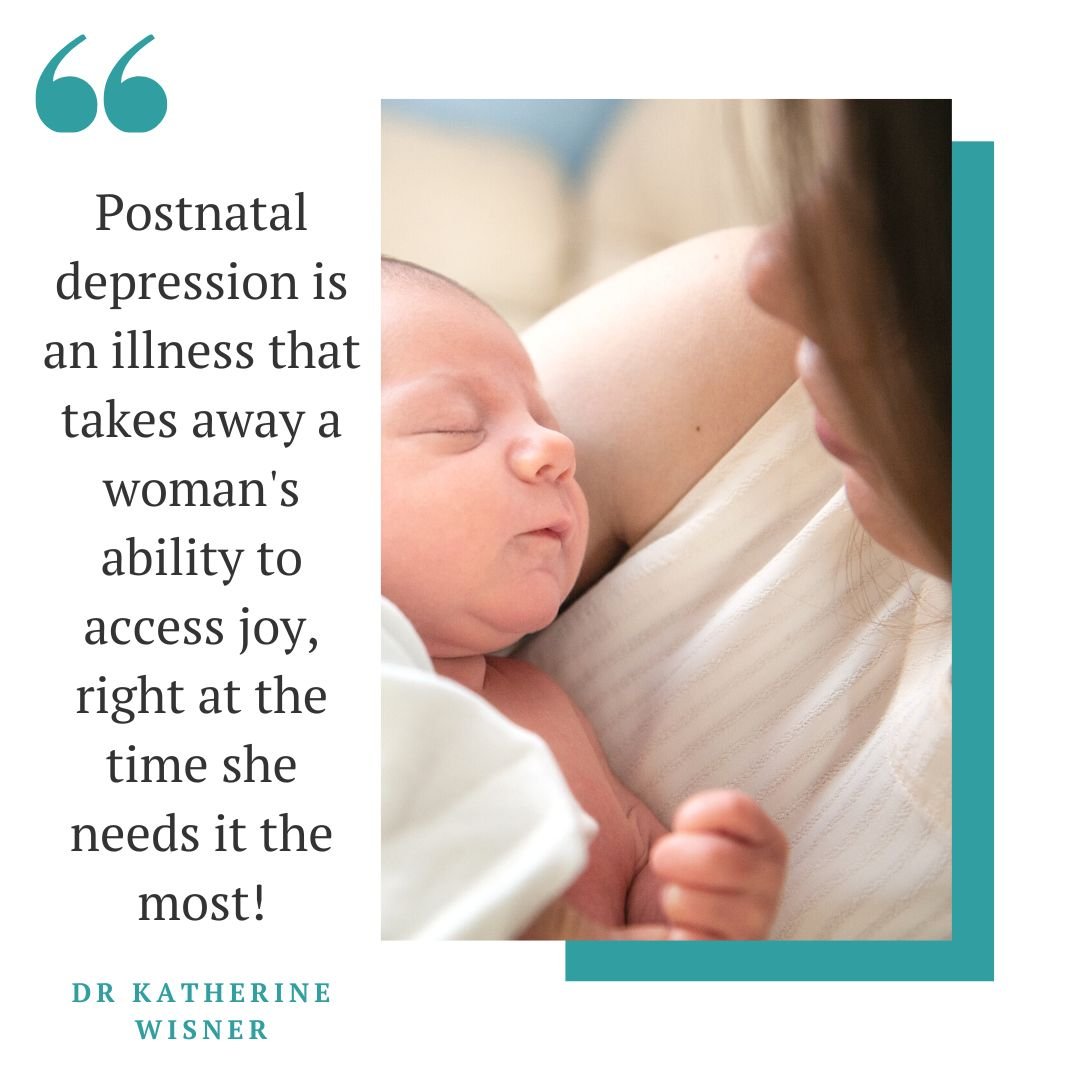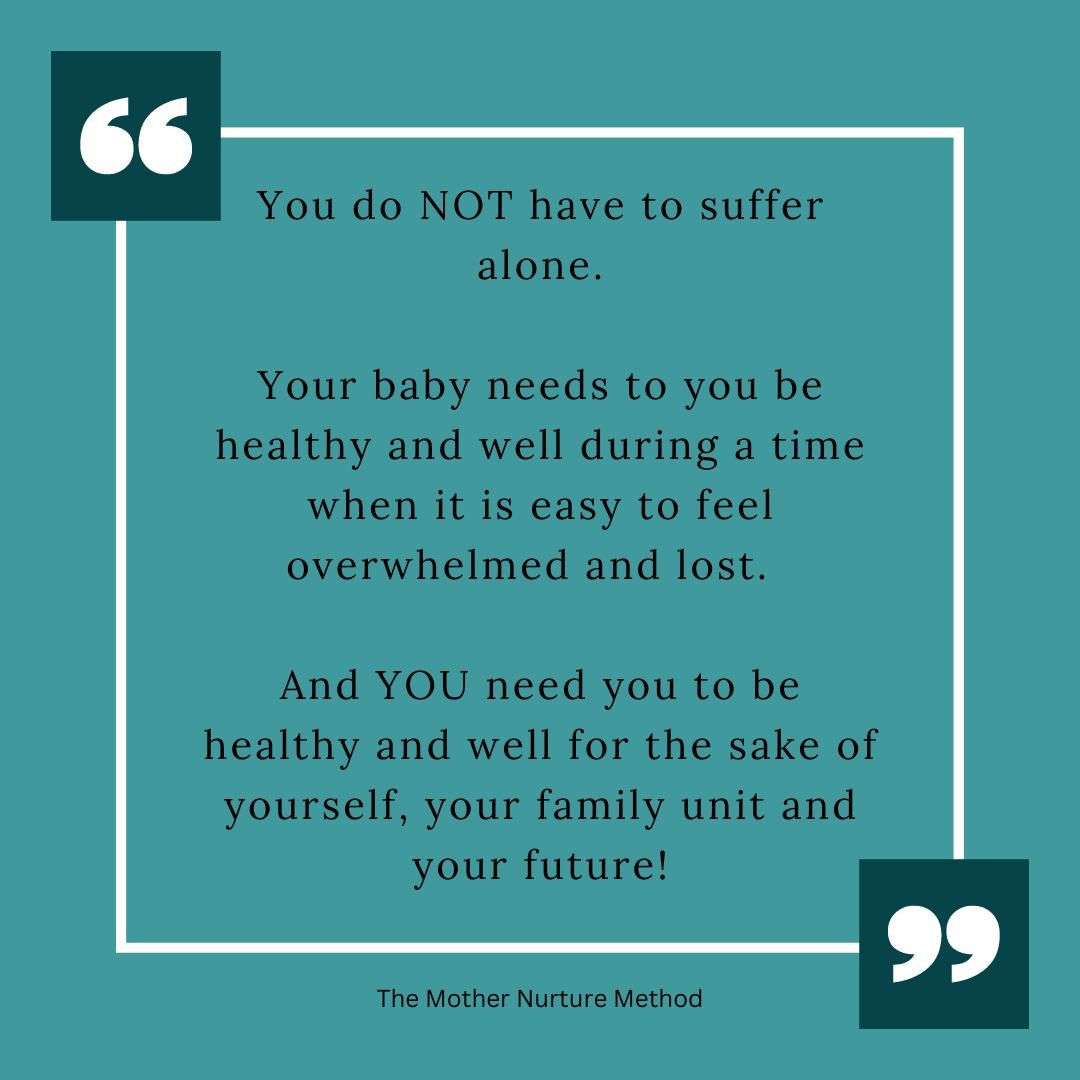Postnatal Depression Support
To the Mum struggling with postnatal depression - you are not alone! Read more below about what is going on for you and how you can overcome it here;
Postnatal depression affects women after giving birth and usually within the first year of motherhood, although it can strike later than that at times but it is typically more common to occur within the first few weeks or months after birth. It is a serious condition that requires support and treatment as, left unresolved, it can have huge impacts on your mental, emotional and physical health and overall wellbeing. It is a serious, yet treatable condition and reaching out for help sooner rather than later so that you can overcome it, is beneficial not only for you, but for your baby and those closest to you too.
1 in 10 women will experience postnatal depression after the birth of their baby, and that is from those that we know have it because they have come forward to seek support. Many more are struggling behind closed doors because recognising that you need support, reaching out for support and accepting support can be three really hard obstacles to overcome, mentally and emotionally.
Many women will beat themselves up for struggling in this way in motherhood, dealing with difficult thoughts and battling confusing emotions, especially if being a mum is something that you always wanted, or your journey through fertility, pregnancy or birth were unexpectedly difficult. There can be a lot of guilt and shame around postnatal depression that stops women from seeking the support they deserve, and so much of the suffering goes on behind closed doors.
I don’t want you to suffer or struggle alone anymore.
So if you are looking for support, be rest assured you are in the right place.
Symptoms of Postnatal Depression:
The symptoms of postnatal depression can include feelings of sadness, hopelessness worthlessness, difficulty bonding with baby, disconnection, no longer finding joy or enthusiasm for things in life that used to bring you enjoyment, difficulty sleeping or excessive sleeping, low energy or fatigue, poor concentration and intrusive thoughts among many others. These symptoms can vary from person to person, and not everyone will feel of experience all of these symptoms.
Postnatal depression isn’t caused by any one thing, and women with no history of mental or emotional health issues can be affected too. However, there are a few factors that may make you more susceptible to it such as a history of mental health struggles, complications in pregnancy and a traumatic birth experience.
Treatment and Support for Postnatal Depression:
Many types of postnatal depression support can provide you with a set of tools to help you cope with your depression so that you can build your relationship with your baby and function easier in daily life, coupled with medication to help you manage the physical symptoms.
But my guess is that you have probably already been coping with your postnatal depression for too long, so giving you more coping tools isn’t enough. I want to help you to overcome your depression for good so that you can enjoy your journey into motherhood in the way that you always thought that you would.
My Mother Nurture Method programme, provides you with tailored, individualised support specific to your needs and circumstances to help you overcome the root causes of your depression from a psychological perspective, build your confidence and help you find emotional balance in your motherhood journey.
Utilising the best techniques from CBT, hypnotherapy, applied psychology and neuro linguistic programming, my programme is a unique methodology in that it puts you in emotional control to make the changes that you want and overcoming your unique set of challenges in order to thrive, rather than just survive, in your early postnatal weeks and months and beyond.
Support available in North Herts (Stevenage, Letchworth, Hitchin, Baldock, Knebworth, Royston) and online nationwide across England.




